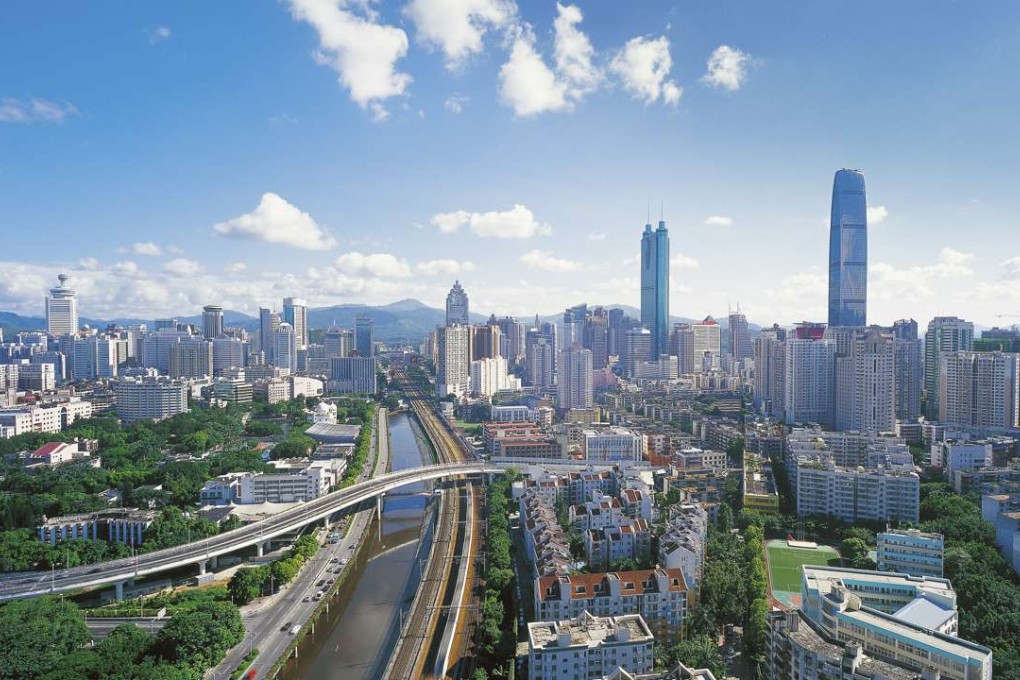Shenzhen steps up urban redevelopment to tackle residential land supply shortage
The southern Chinese city plans to renovate more than 100 old industrial districts and 100 urban villages by 2020

The southern Chinese city of Shenzhen is getting more aggressive in launching urban redevelopment projects amid a severe shortage of residential land supply and surging home prices.
Such projects - which involve converting existing, often dilapidated, buildings into new homes - will become the most intense area of competition among companies eager to profit from the country’s most expensive property market, analysts say.
Shenzhen approved 91 redevelopment projects in 2016, the highest number in recent years, according to an official statement.
In the coming five years, it is aiming redevelop an urban land area of 30 square kilometres and renovate more than 100 old industrial districts and 100 urban villages, according to its 13th Five-Year Plan, a major economic scheme covering the years to 2020.
Urban redevelopment is going to be the major channel for China’s property developers to grab land in the future
The plan aims to resolve the housing problem by building some 260,000 new residential apartments in the city centre and near railway stations, according to a statement on the government’s website.